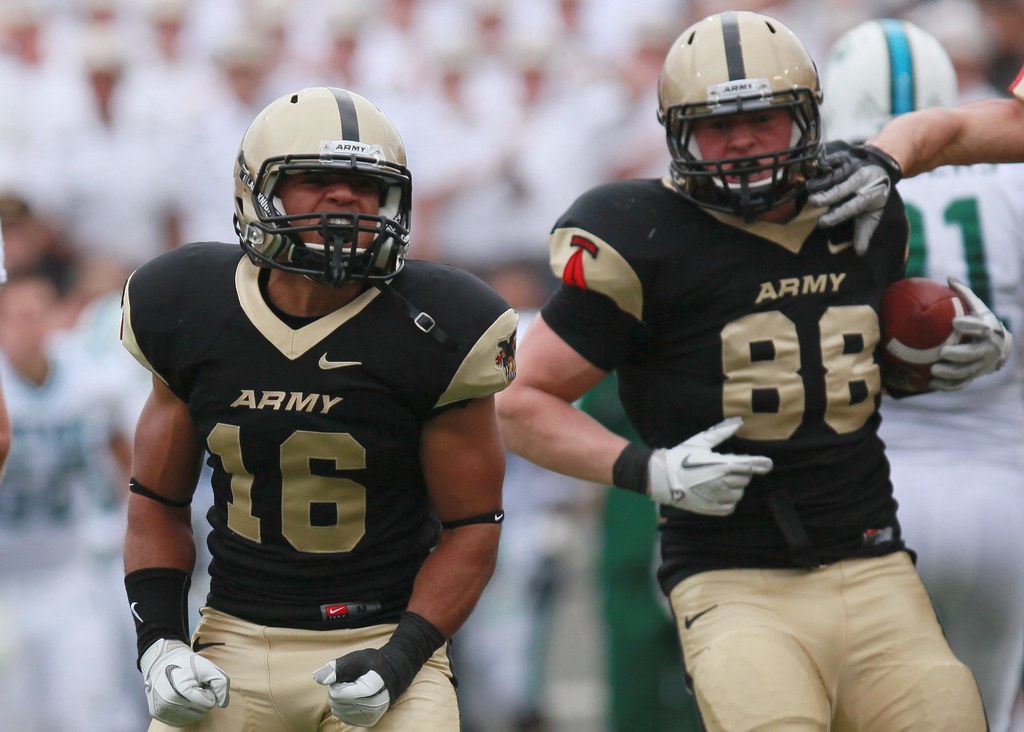Here’s a blueprint for helping the athlete who works hard but doesn’t have the confidence that should come along with it.
When we think of championship-caliber athletes, one of the characteristics that typically comes to mind is self-confidence. It’s the intensity in their eyes, the positive body language, and the steady calm as they prepare to unleash a monster performance.
Epic levels of self-confidence is more than just thinking you are going to play or perform well.
When athletes are confident, they are more likely to perceive the nerves and anxiety of competition in a positive manner. They view the butterflies as something that helps their performance, not hinders. They are able to frame the anxiety and stress as a challenge, and not as a threat.
Of course, there is a difference between optimal self-confidence (the kind that comes from a realistic view of the preparation done to date) and the false or inflated self-confidence that comes from deluding ourselves into thinking we are better than we are.
How to build optimal levels of confidence
Although athletes and coaches tend to wait for a big result to feel confident—the gold medal, winning the championship game—there are things that can be done consistently in training and in the culture to develop self-confidence.
It’s important to think of self-confidence as a skill. And here are some ways that coaches and athletes can develop true, legitimate self-confidence.
Develop awareness of what contributes to confidence, and what doesn’t. Have swimmers write out a list of things they control that creates confidence, and a list of things that doesn’t give them confidence that they don’t control.
Have a culture that rewards a process-based mindset. Use individual and group training goals to achieve this. Set meaningful and realistic goals, and have daily and short-term targets to chase after.
Recognize moments of excellence. Don’t let opportunities to build genuine confidence go unnoticed. Have athletes use a logbook, recognize moments where they crush it, and build a list of times where they have excelled. Confidence comes from experience, and those confidence-building experiences should be recognized and remembered.
Confident athletes are prepared athletes. Are you preparing your athletes to physically and mentally perform on race day? Or simply to be able to perform at next week’s workout? Make competition something fun and not to be feared by making it commonplace. The threat of competition is a threat to confidence.
Emphasize self-talk to power things they have control over. Self-talk is often an instigator of positive or negative performance spirals. Self-talk should be decided upon, reinforced (have them write out desired self-talk on their water bottle, for instance), and individualized.
Use visualization to prepare for moments of pressure. Otherwise confident athletes often experience a big crash in confidence in the hours before competition. Visualization can help acclimatize athletes for the threat and pressure of competition.
Be consistent! Confidence is a skill and needs to be sharpened regularly and consistently over time. Don’t fall for the misguided notion that confidence can only happen after a big breakthrough or victory—it’s steadily accumulated over time with repetition and consistency.
Image credit: Creative Commons/ Flickr


